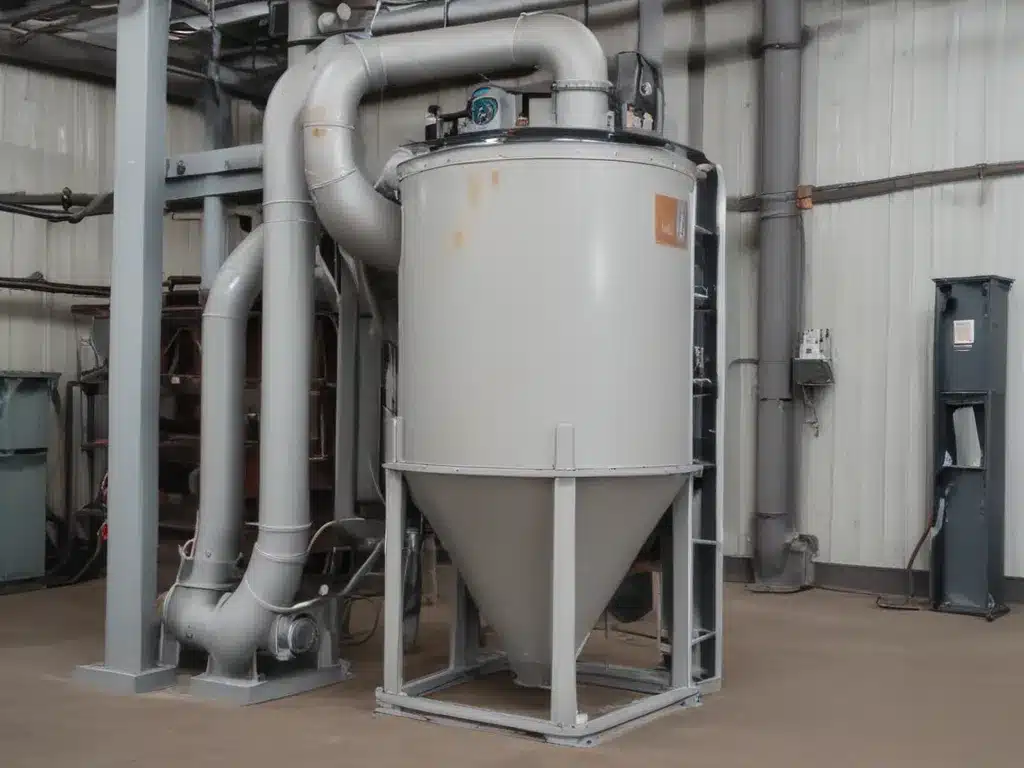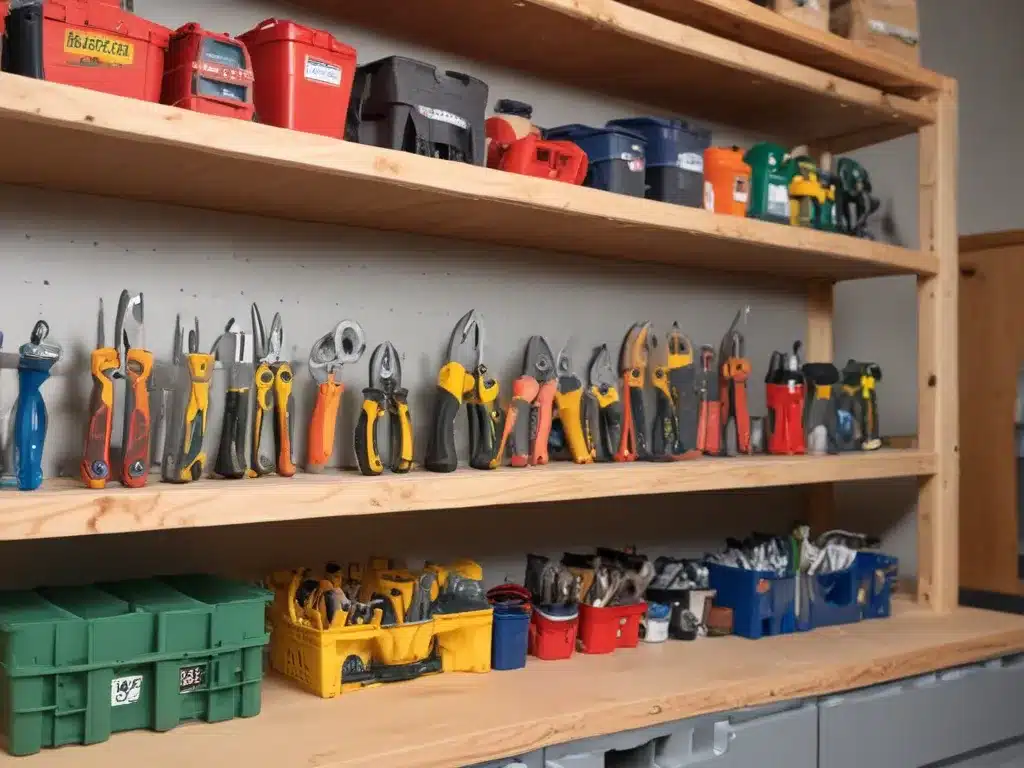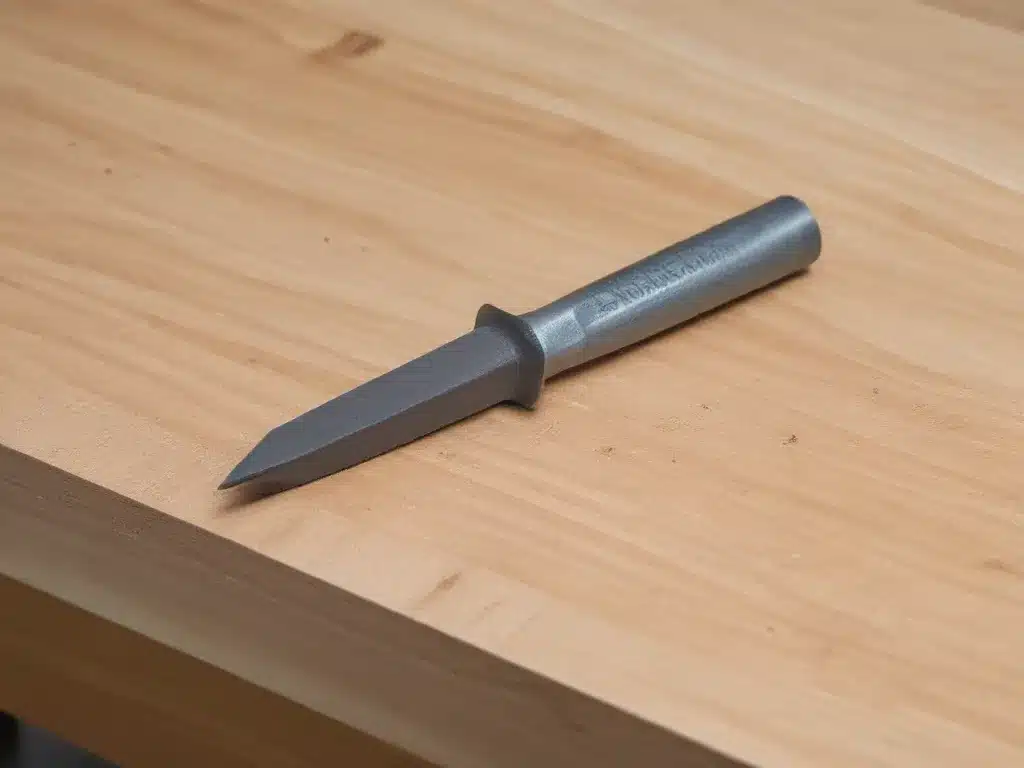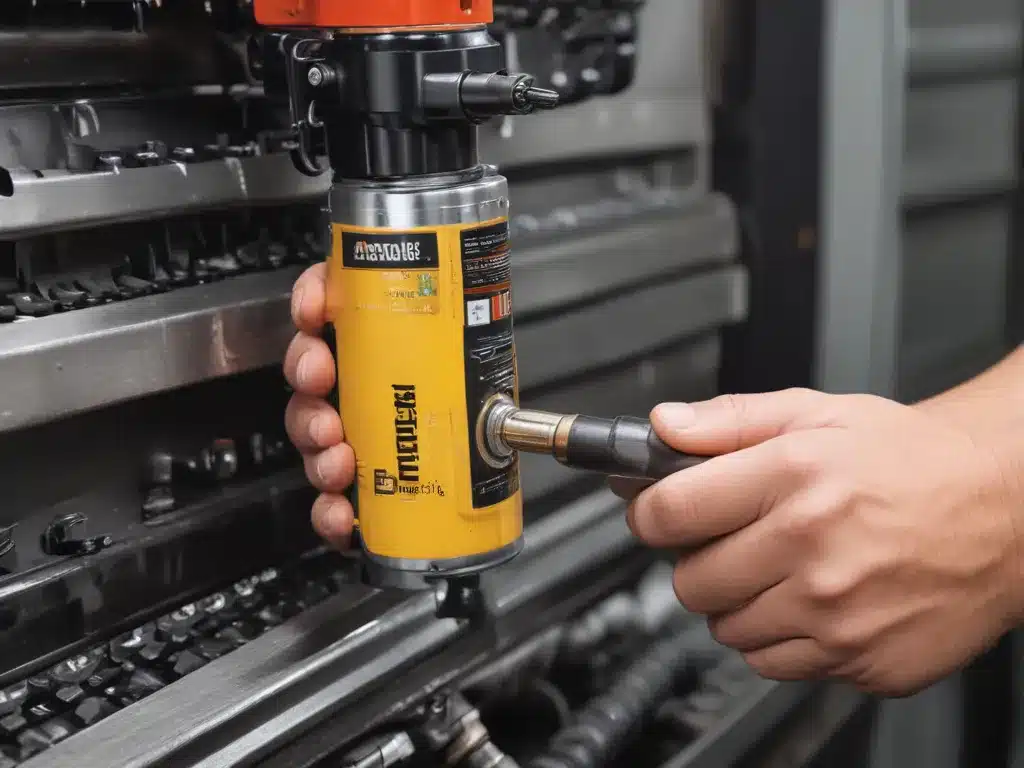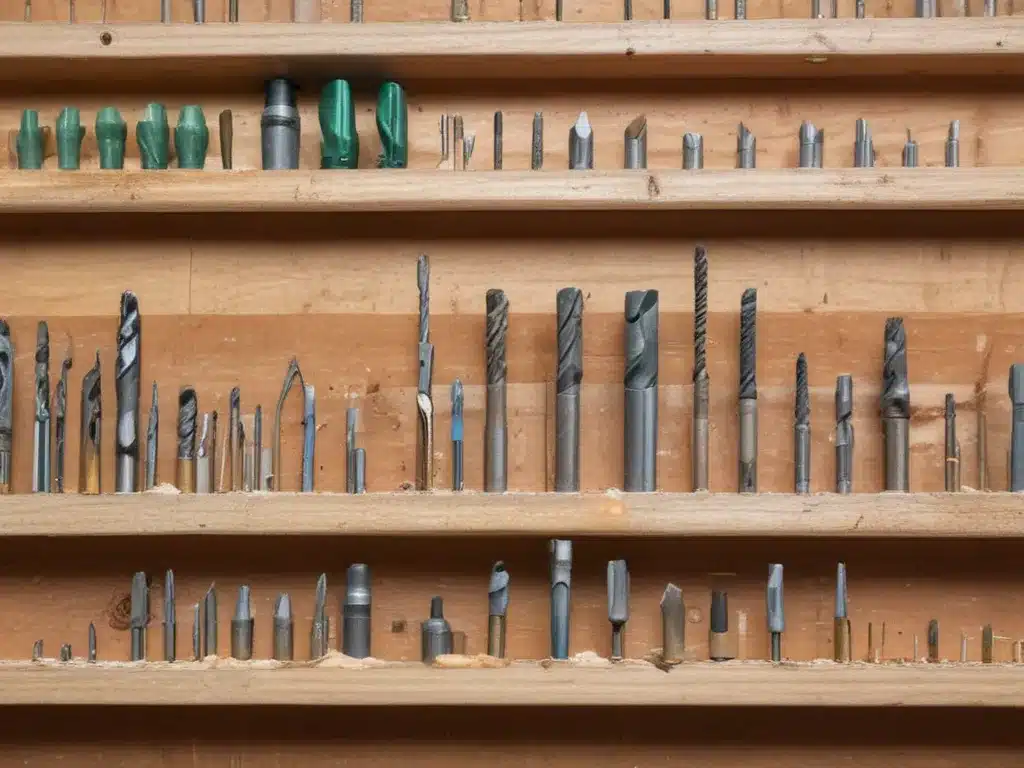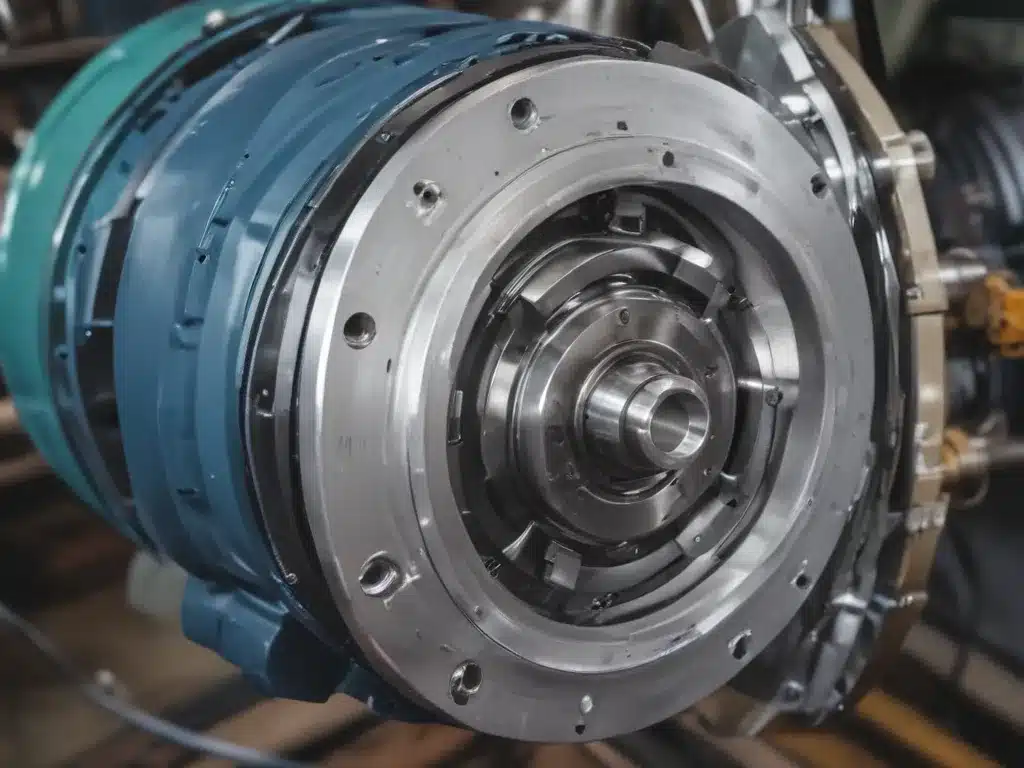The Promise of Hydrogen Power
I’ll never forget the day I first learned about hydrogen fuel cells. It was like discovering a whole new world of energy possibilities! The idea of using hydrogen as a clean, efficient power source for our devices and tools just captured my imagination. Could this be the solution we’ve been searching for to finally ditch those bulky, polluting batteries once and for all?
As an avid power tools enthusiast, I’ve always been on the lookout for the latest and greatest advancements in cordless technology. The freedom of moving around without being tethered to a wall outlet is a game-changer, but the limited runtime and lengthy recharge times of lithium-ion batteries can still be a real pain. So when I started hearing rumblings about hydrogen fuel cells as a potential alternative, I knew I had to dig deeper.
How Do Hydrogen Fuel Cells Work?
Okay, let’s start with the basics. A hydrogen fuel cell is an electrochemical device that combines hydrogen and oxygen to produce electricity, heat, and water. The key components are the fuel cell stack, which contains the electrochemical cells, and a fuel storage system, usually a tank or cartridge that holds the hydrogen fuel.
The way it works is pretty straightforward. Hydrogen is fed into the anode side of the fuel cell, where a catalyst splits the hydrogen molecules into protons and electrons. The protons then travel through the membrane to the cathode side, while the electrons are forced to take a separate path and generate an electric current that can be used to power devices.
On the cathode side, oxygen (usually from the air) reacts with the protons and electrons to form water, which is the only byproduct of the process. No combustion, no emissions, just clean, renewable power. Pretty neat, right?
The Advantages of Hydrogen Fuel Cells
Okay, so we know how hydrogen fuel cells work in theory, but what are the real-world benefits that make them a compelling alternative to traditional battery power? Let me break it down:
Runtime and Recharge Time: One of the biggest advantages is the superior energy density of hydrogen compared to lithium-ion batteries. This translates to much longer runtimes on a single “fuel” charge. And when the hydrogen cartridge does need refilling, the process is lightning fast – often under 5 minutes, compared to hours for a battery recharge.
Environmental Impact: Hydrogen fuel cells are essentially emissions-free, producing only water as a byproduct. This makes them a far greener option than gas-powered tools or even cordless tools relying on Li-ion batteries, which require energy-intensive mining and manufacturing processes. For the eco-conscious power tool user, hydrogen is a game-changer.
Durability and Reliability: Fuel cell stacks are generally more durable and long-lasting than battery packs, with fewer moving parts and less degradation over time. This translates to a longer overall lifespan for the tool, reducing costly replacements and waste.
Scalability: Hydrogen fuel cells can be easily scaled up or down to meet the power demands of different tools and equipment. This flexibility allows for a wide range of cordless power tool options without sacrificing performance.
Challenges and Limitations
Of course, it’s not all rainbows and unicorns when it comes to hydrogen fuel cells. There are still some significant hurdles to overcome before they can truly become a mainstream power source for cordless power tools.
Infrastructure and Accessibility: One of the biggest barriers is the current lack of a widespread hydrogen refueling infrastructure. Unlike electricity, which can be tapped from nearly any wall outlet, accessing hydrogen fuel is still a major logistical challenge for most consumers. Building out that distribution network will take time and significant investment.
Cost: Hydrogen fuel cells are generally more expensive to manufacture than lithium-ion batteries, at least in the current state of the technology. This higher upfront cost is a deterrent for many budget-conscious power tool users.
Safety Concerns: There are also lingering safety concerns around the use of hydrogen gas, which is highly flammable. Proper safety protocols and engineering safeguards are essential to mitigate the risks.
Energy Efficiency: While hydrogen fuel cells are more energy-dense than batteries, the overall energy efficiency of the system can be lower due to losses in the conversion and storage processes. This is an area that requires continued R&D to optimize.
Real-World Applications and Case Studies
So how are hydrogen fuel cells being used in the power tools space today? Let’s take a look at a few real-world examples:
Husqvarna Automower H300: This robotic lawn mower from the Swedish outdoor power equipment giant features a hydrogen fuel cell power system, allowing it to operate for up to 5 hours on a single fuel cartridge refill. The company claims this provides greater runtime and convenience compared to battery-powered models.
Hilti Hydrogen-Powered Rotary Hammer: Global construction tools brand Hilti has developed a prototype hydrogen-powered rotary hammer drill aimed at construction and trade professionals. The tool promises superior runtime and rapid “refueling” to keep workers productive on the job site.
DeWalt Hydrogen-Powered Chainsaw: Power tool leader DeWalt has also thrown its hat in the hydrogen ring, unveiling a concept chainsaw that leverages fuel cell technology. The company cites the need for longer-lasting, high-performance outdoor power equipment as a key driver behind this development.
These are just a few examples, and I’m sure we’ll see many more hydrogen-powered cordless tools hitting the market in the coming years as the technology continues to mature. It’s an exciting time for anyone who loves power tools and wants to embrace a more sustainable future.
The Future of Hydrogen Fuel Cells
So, is hydrogen a viable solution for the future of cordless power tools? In my opinion, the answer is a resounding yes – with a few caveats.
The performance and environmental benefits of hydrogen fuel cells are simply too compelling to ignore. The ability to deliver reliable, high-powered performance with lightning-fast “refueling” and zero emissions is a game-changer. And as the technology continues to evolve and manufacturing scales up, I fully expect the cost barriers to come down as well.
However, the current lack of hydrogen infrastructure and distribution channels remains a significant hurdle that will require substantial investment and coordination between governments, energy companies, and tool manufacturers to overcome. And safety concerns, while manageable, will always need to be a top priority.
But I’m optimistic that these challenges will be addressed in the coming years. After all, the potential upsides of hydrogen power are simply too great to ignore. Imagine a world where your cordless power tools can run all day without interruption, recharge in minutes, and leave behind nothing but a few drops of water. To me, that future sounds pretty amazing.
Of course, only time will tell how quickly hydrogen fuel cells gain traction in the power tools space. But based on what I’ve seen, I believe they represent a truly promising path forward. So keep an eye out, because the hydrogen revolution may be coming to a workbench near you sooner than you think!
And if you’re curious to learn more about the latest advancements in cordless power tool technology, be sure to check out powertoolspros.net. They’re always on the cutting edge of what’s new and exciting in the world of power tools. Happy building!



